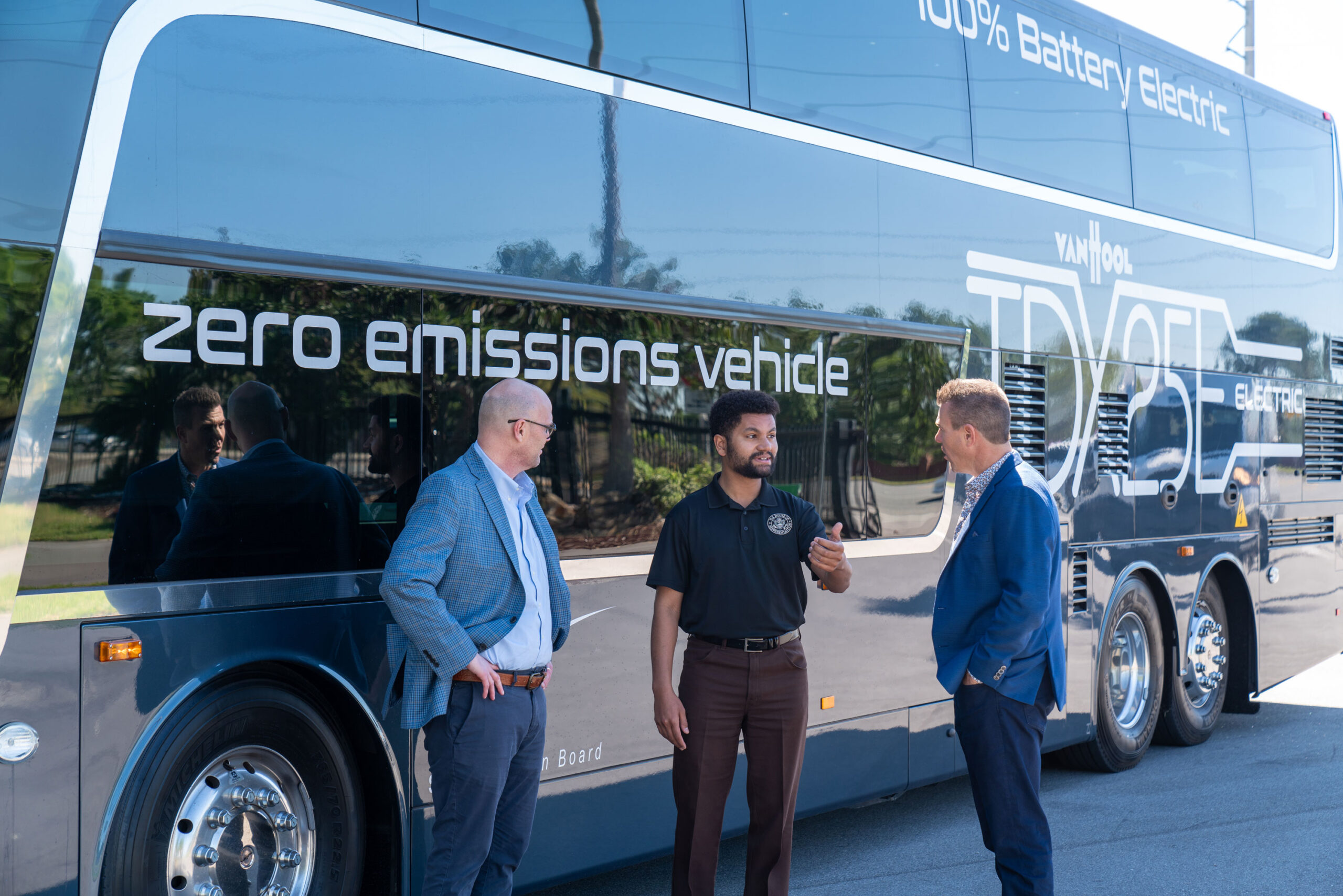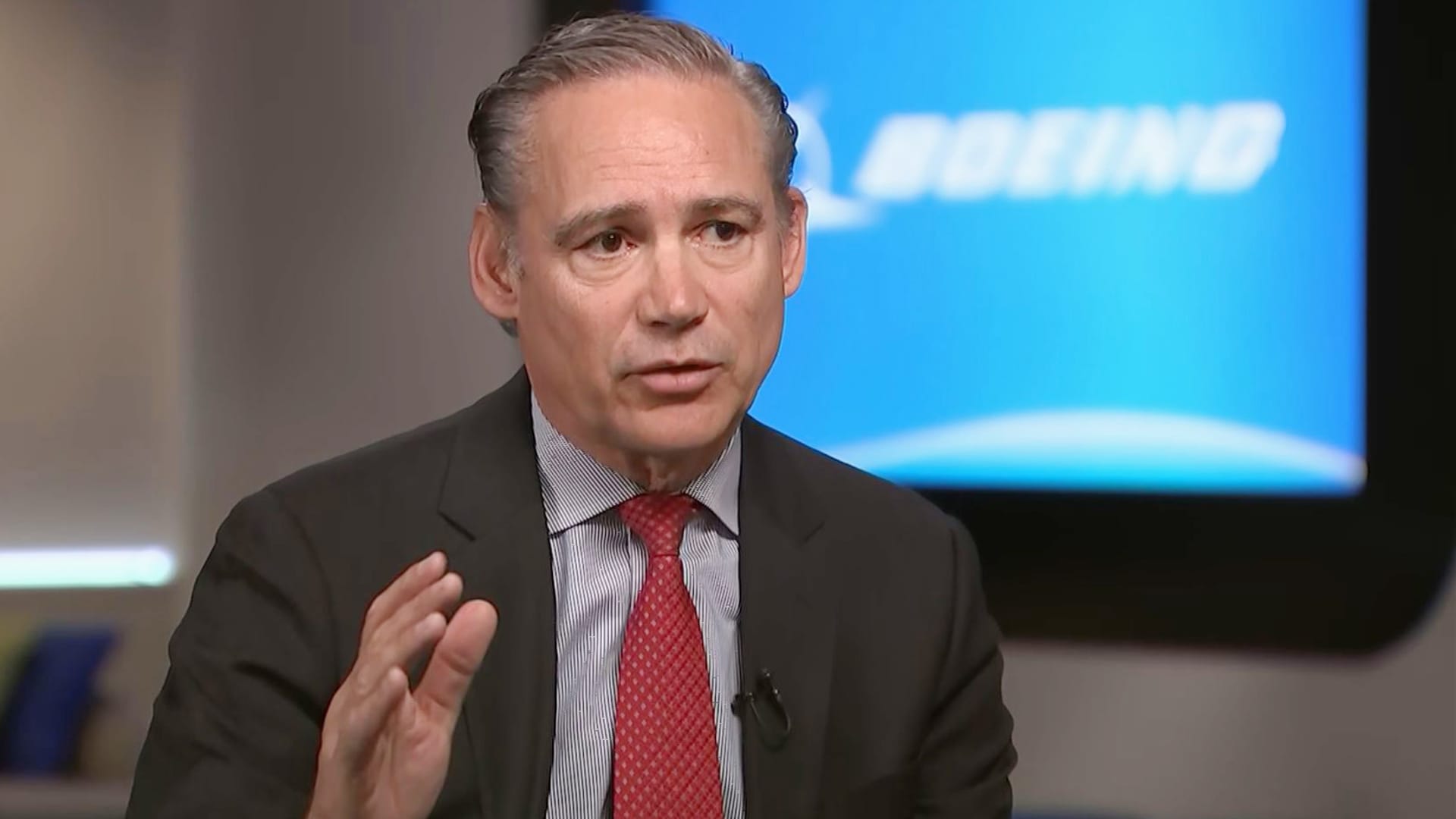Innovators Unveiled: The Secrets Behind Breakthrough Business Transformations
Companies
2025-04-05 01:26:00Content

The Promise and Pitfall of Food Innovation: Why Meal Kits and Plant-Based Meats Failed to Deliver
Investors once saw immense potential in the culinary revolution of meal kits and plant-based proteins. The vision was tantalizing: convenient, sustainable food solutions that would transform how we eat. Yet, despite the initial excitement and bold predictions, these innovative food ventures have largely fallen short of financial success.
What happened to the dream of reinventing our dining experience? The answer lies in a complex mix of consumer behavior, market dynamics, and the challenging economics of food technology. While the concepts were compelling—offering convenience, health-consciousness, and environmental sustainability—the execution proved far more difficult than anticipated.
Meal kit services promised to simplify cooking, delivering pre-portioned ingredients and recipes directly to consumers' doors. Plant-based meat alternatives aimed to provide a sustainable protein option that could appeal to environmentally conscious and health-minded consumers. Investors poured millions into these concepts, believing they represented the future of food.
However, reality painted a different picture. High prices, logistical challenges, and changing consumer preferences created significant barriers. What seemed revolutionary quickly became just another niche market struggling to achieve mainstream adoption and profitability.
The lesson is clear: innovative ideas require more than just good intentions. They need scalable business models, competitive pricing, and a deep understanding of consumer needs to truly succeed in the competitive world of food technology.
The Culinary Startup Mirage: When Food Innovation Meets Financial Reality
In the ever-evolving landscape of food technology, entrepreneurs and investors have been captivated by the promise of revolutionary dining experiences. Meal kits and plant-based meat alternatives emerged as the darlings of culinary innovation, sparking excitement and attracting substantial investment. Yet, beneath the surface of these tantalizing concepts lies a complex narrative of financial challenges and market realities that have left many investors questioning their initial enthusiasm.Transforming Dining Dreams into Financial Nightmares
The Rise of Culinary Disruption
The food technology sector witnessed an unprecedented surge of innovation in recent years, with startups promising to revolutionize how we consume and perceive meals. Venture capitalists and angel investors poured millions into companies that claimed to reimagine traditional eating habits. Meal kit services like Blue Apron and plant-based meat producers such as Beyond Meat captured the imagination of consumers and investors alike, presenting a vision of convenient, sustainable, and technologically advanced nutrition. These companies positioned themselves as more than mere food providers; they were selling a lifestyle, an environmental statement, and a glimpse into a futuristic culinary landscape. The narrative was compelling: reduce food waste, simplify cooking, provide healthier alternatives, and contribute to environmental sustainability. Investors were not just buying into a product, but a transformative concept that seemed poised to disrupt the entire food industry.Economic Challenges in Food Innovation
Despite the initial excitement, these culinary startups encountered significant economic hurdles that undermined their financial viability. The meal kit market became increasingly saturated, with numerous competitors fighting for consumer attention. The high operational costs, including packaging, delivery, and ingredient sourcing, created slim profit margins that made sustainable growth challenging. Plant-based meat alternatives faced similar obstacles. While consumer interest grew, the premium pricing and ongoing production challenges limited widespread adoption. The cost of developing these sophisticated food technologies proved substantially higher than traditional meat production, creating a significant barrier to mass-market penetration.Consumer Behavior and Market Adaptation
The fundamental miscalculation for many of these startups was a misunderstanding of consumer behavior. While initial curiosity drove early adoption, long-term engagement proved difficult. Consumers found meal kit services time-consuming and expensive compared to traditional grocery shopping. Plant-based meats, despite their innovative positioning, struggled to completely replicate the taste and texture of traditional meat products. Moreover, economic pressures and changing consumer preferences during global economic uncertainties further complicated their market position. The convenience factor that initially attracted consumers began to lose its appeal as people became more price-sensitive and sought more flexible dining options.Technological Innovation vs. Economic Sustainability
The narrative of these food technology startups reveals a critical lesson about innovation: technological potential does not automatically translate to economic success. While these companies demonstrated remarkable creativity in reimagining food production and consumption, they failed to create sustainable business models that could withstand market pressures. Investors learned a valuable lesson about the complexity of disrupting established industries. Innovative concepts require more than just technological brilliance; they demand a nuanced understanding of consumer behavior, economic constraints, and long-term market dynamics.The Future of Food Technology
The challenges faced by these early pioneers do not signal the end of food innovation. Instead, they provide crucial insights for future entrepreneurs. Successful food technology startups will need to balance innovation with economic pragmatism, focusing on scalable solutions that offer genuine value to consumers. Future innovations will likely emerge from companies that can integrate technological advancement with deep market understanding, creating solutions that are not just novel, but also economically viable and aligned with consumer needs.RELATED NEWS
Companies

Green Revolution: How Top Corporations Are Rewriting the Rules of Sustainable Business
2025-02-23 18:39:09
Companies

Campus Uprising: Students Force USF to Cut Ties with Defense Firms Linked to Israeli Conflict
2025-05-02 12:00:58
Companies

Breakthrough in Biotech: DarwinHealth Clinches Spot on Fast Company's Elite Innovation Roster
2025-03-18 21:19:00





